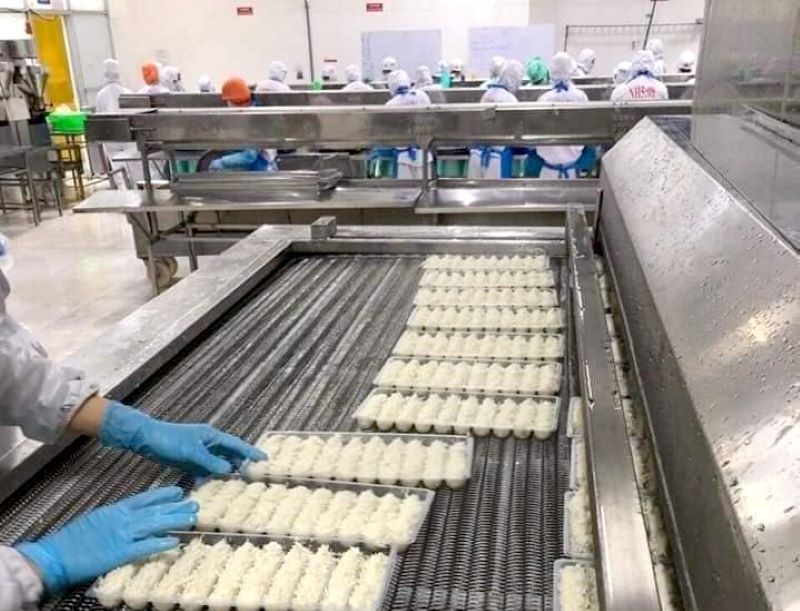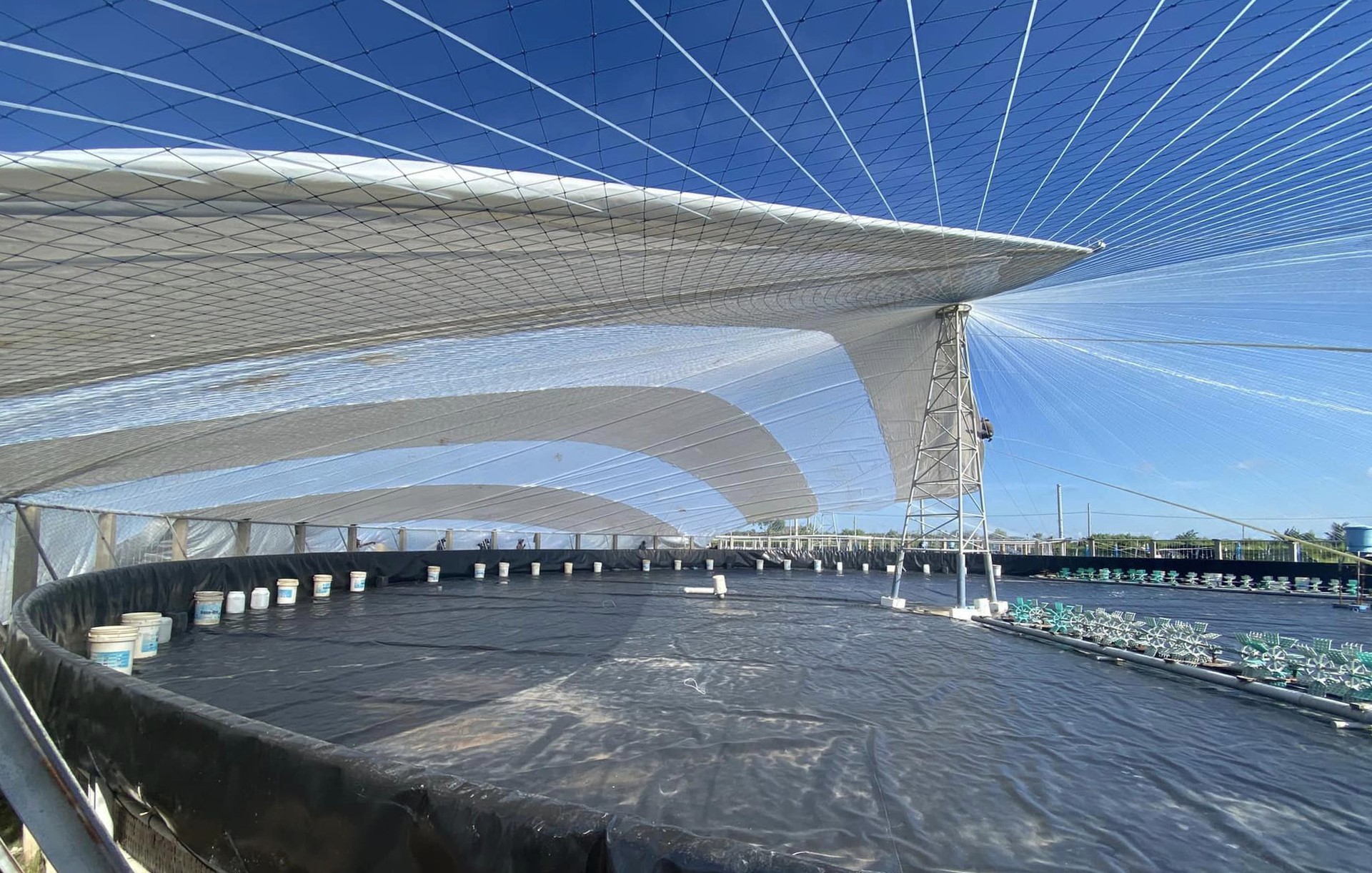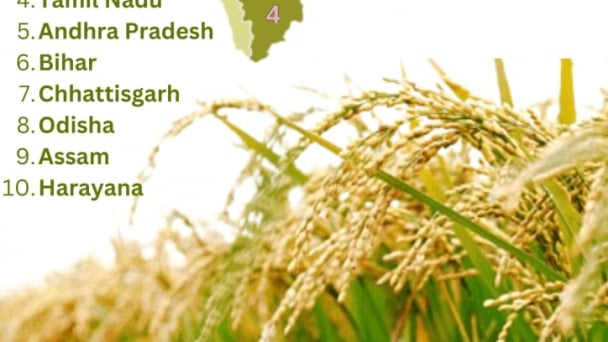June 21, 2025 | 01:52 GMT +7
June 21, 2025 | 01:52 GMT +7
Hotline: 0913.378.918
June 21, 2025 | 01:52 GMT +7
Hotline: 0913.378.918

Processing seafood for export at a factory in the Mekong Delta. Photo: Son Trang.
Seafood exports are showing more positive signs in the second half of the year. To stay ahead of these opportunities, Mr. Truong Dinh Hoe, General Secretary of the Vietnam Association of Seafood Exporters and Producers (VASEP), said that, first of all, the seafood industry needs to focus on solving the biggest problem, namely raw materials. The goal is to ensure the production of seafood raw materials so that there are enough raw materials for export processing when the market enters the recovery phase.
Regarding the market, enterprises need to keep in close contact with importers to retain markets with great demand. It would then be possible to boost exports as soon as the market recovers. Especially, enterprises should pay attention to the Chinese market from now until the end of the year because this market will have a relatively fast recovery in the coming time. In addition, trade promotion activities should continue to be focused on to expand seafood export markets.
In addition, seafood enterprises need to continue to strengthen product quality through obtaining international certifications and developing a green economy. Mr. Truong Dinh Hoe believes that with the focus of enterprises and the support of the Government, related ministries, and branches, seafood exports will attain better results in the coming months.
Not stopping there, it is more important for the seafood industry to start conducting extremely thorough research for export activities in 2024 and the following years right away. According to the General Secretary of VASEP, in order to aim for better exports in the coming years, it is necessary to pay more attention to seafood farmers, who generate about 70% of the raw materials for seafood export processing.
Accordingly, paying more attention to farmers is needed not only in terms of helping them access capital and some other issues but also in terms of helping them reduce risks in the process of accessing sources of input material supply for aquaculture. Currently, VASEP is making efforts to provide activities and information to help seafood farmers feel more assured about making an important contribution to the value chain of exported seafood.

A high-tech shrimp farm in the Mekong Delta. Photo: Son Trang.
As for the shrimp industry, Dr. Ho Quoc Luc, COB of Sao Ta Food Joint Stock Company, said that in the current difficult situation, shrimp processing enterprises need to reconsider and recalculate how to gain the courage to overcome difficulties more proactively and quickly in the coming time.
According to Dr. Ho Quoc Luc, in addition to the immediate solution of having to recalculate the strategy of markets, products, customers, etc., a deeper preparation of enterprises is really needed. First of all, enterprises need to actively create linkages in the industry. For example, between enterprises and farmers, there needs to be an exchange of information so that shrimp farming is better and enterprises can buy more suitable products.
In addition, businesses must calculate and develop in depth to retain markets and customers. Because, at present, large high-end distribution systems in the world are increasingly demanding more and more about whether the supplier has a value chain to meet today’s inevitable requirements of consumers in the world or not. It is how the products are made and controlled and how they affect the environment, save natural resources, affect workers, etc.
Dr. Ho Quoc Luc emphasized that if export businesses do not actively develop in depth, especially to meet the set of Environmental-Social-Governance (ESG) criteria being applied in many large markets, they will lose customers who are high-end distributors willing to buy at good prices and have to look to low-end distributors with low purchase prices. At that time, businesses could not share in the value chain and could not raise the industry’s level.
Expecting a positive sign for shrimp exports, Mr. Le Van Quang, General Director of Minh Phu Group Joint Stock Company, analyzed that the export market from August 2023 onwards will be better when the shrimp supply sources in major exporting countries such as India, Ecuador, and Vietnam all decrease sharply and world demand gradually recovers.
A representative of Viet Thang Jean Co., Ltd. said that for the third quarter of 2023, many businesses are confident that they can compete better in the market as their products meet green standards from raw materials to technology.
Translated by Huyen Vu Thu

(VAN) Last week, the U.S. Department of Agriculture (USDA) released its June World Agricultural Supply and Demand Estimates (WASDE), raising projections for both Indian rice production and U.S. rice imports for the 2025/2026 marketing year.
/2025/06/17/2344-1-131758_261.jpg)
(VAN) Amid tariff risks and growing trade barriers in the U.S. market, Australia is emerging as a promising destination to sustain the growth momentum of Vietnam's shrimp exports.
/2025/06/17/2013-1-nongnghiep-112009.jpg)
(VAN) This notable growth trend reflects the global taste for fresh, nutritious fruits and the expanding use of lychees across various sectors.

(VAN) The political and cultural insulation of Japan’s beloved grain is falling apart, and experts warn the country’s relationship with the staple will have to adapt.

(VAN) Noting risks, report examines impacts of avian influenza, changing trade patterns since 2022, fish fraud, and shipping industry’s net-zero goals.

(VAN) Mr. Tran Quang Bao, General Director of the Forestry and Forest Protection Department, met and worked with the International Wood Products Association to promote cooperation in the field of timber trade.

(VAN) China's outbound shipments of rare earths in May jumped 23% on the month to their highest in a year, though Beijing's export curbs on some of the critical minerals halted some overseas sales.